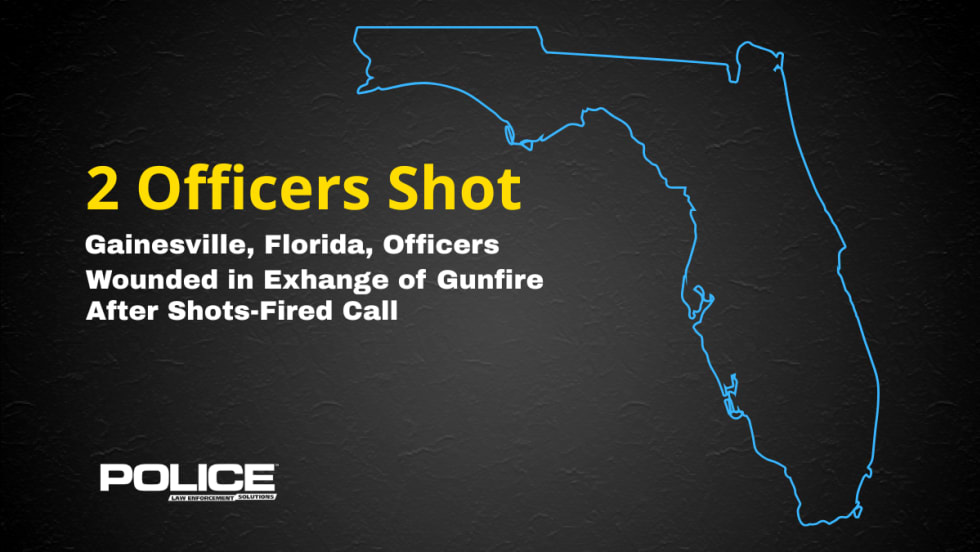Relationships in the context of leadership have always fascinated me. There seems to be a constant change of roles between officers based on rank, position, and seniority. Organizations have profoundly differing internal cultures that dictate the conduct of members through both formal and informal rules and regulations. For example, rules against fraternization are common, but once you promote to lieutenant, does that mean you can't go out with your old drinking buddies? Maybe it's not a problem, but a promotion might mean a change in your professional relationships.
When you look at the structure of most police departments in the United States, an outsider would see a paramilitary structure, based on rank and chain of command, through which authority and responsibility are derived. But we on the inside know that relationships between cops of different ranks are far more complex than what you see on a line organization chart.
First of all, we all come up through the same system, unlike the military, which separates officers from enlisted. So your training officer might be an officer on your watch once you make sergeant. Some of your friends or old partners might be on that watch, too, which can put a young sergeant in some tough leadership dilemmas.
Added to the mix are issues like seniority and job classification. In some departments seniority carries a lot of weight. Those individuals are looked to for leadership in situations where there are several officers or supervisors of the same rank. What about classification? Occasionally, a field supervisor has to work with a detective. The detective owns the case, but the supervisor controls the officers on the tactical or surveillance team. Think any toes are ever stepped on there?
I have broken down my personal view of leadership relationships into three distinct groups: senior to officer, peer to peer, and officer to senior. They help me break down work-related issues, if not personal ones.
Senior-to-officer relationships are those between a supervisor and all officers of lower rank. This relationship has been described as one similar to teacher-scholar, coach-player, and father-son. It means that just as in these relationships, in a senior-to-officer relationship there is a genuine concern by the senior for the physical and mental welfare for the officer. The senior teaches, guides, mentors, instills well-being, leads by example, and sets the tone for the officer. As a coach gives a player the tools and the opportunity to win, the senior gives his officers the support to more effectively battle crime.
Peer-to-peer relationships are those between any officers of the same rank. These are often the most difficult leadership relationships, as leading your peers is the ultimate test of a leader's character, morals and ethics, and strength of personality. The pressure of wanting to be accepted by our peers can be overwhelming. It is important to develop a bond between other peer leaders, because there is often a level of reserve that must be maintained in relationships with seniors and subordinates.
Peer-to-peer relationships should be team oriented. It is among peer supervisors that the informal cultural standards of an organization are cemented. If all the sergeants of a department agree that personal and uniform appearance is important, then you can be assured the officers will have a professional and groomed appearance.
Officer-to-senior relationships are those of officers toward their supervisors. I have detailed this subject in the second installment of this column, "The Good Follower." The short version is that part of being a good leader is recognizing the importance of being a supportive follower, and we are all both followers and leaders at the same time.
Officers need to understand their role in the organization, what the organization is trying to accomplish, that they have the support of their seniors, and that their seniors are going to take care of them. It is my experience that a supervisor who demonstrates an understanding of the senior-to-officer relationship described above will, in return, be rewarded many times by officers who are respectful, loyal, and supportive.
As a leader who always is looking to improve, take some time on occasion to look at the leadership relationships in your life and in your department. Where do you fit in with each of these roles?












